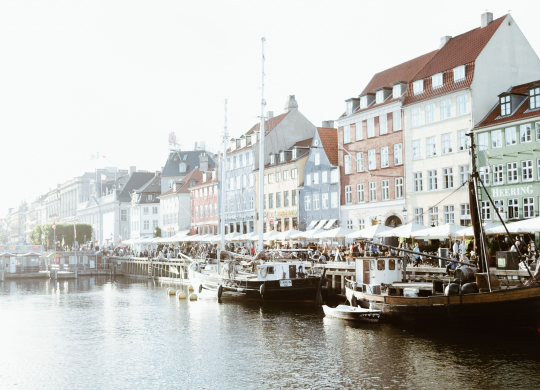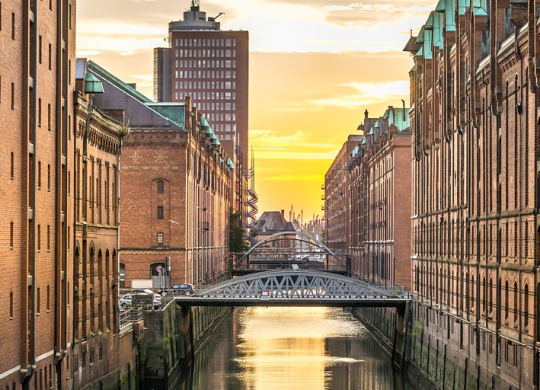Working in Denmark: how to move on a work visa and get a job
Table of contents

Denmark is one of the most desirable countries for immigration within Europe. Sometimes it is called the land of happiness because the conditions for a comfortable life are created here. Especially if you are a good specialist in your field, and want to work, and pay taxes, you can quickly adapt to living conditions in this country. Find out what you need to move to work abroad in Denmark.
Denmark is a country that does not give work visas. This is a plus for future employees, but there are nuances. Instead of a visa, workers are issued a residence permit or a resident card. To do this, you need to come to the Danish embassy and provide the necessary documents for consideration. If the profession of a job seeker in Denmark is urgently needed in the country, then he can go through a special program - more loyal and comfortable. A residence permit is a prerequisite for employment. Without this - deportation and fines.
One of the ways to legalize in Denmark, including with the prospect of employment, is to get a "green card". To do this, you need to submit a list of documents to the embassy:
application for consideration, which must be translated into Danish or English;
- passport or photocopy;
- a copy of diplomas of education;
- documents confirming work experience in the profession;
- certificate of passing language tests;
- receipt of payment of consular fees;
- insurance for the duration of your stay in Denmark;
- confirmation of solvency;
- Medical insurance can be arranged by contacting our specialists.
A temporary visa is issued for 90 days - just a stamp on the passport. Within three months, you should contact the Ministry of Integration, where they take fingerprints and take a biometric photo. And a few weeks later you get a "Dane's card" in the mail. Now for 4 years, you become a temporary immigrant.
Taxes in Denmark are paid immediately at an inflated rate. And then, after the New Year, the tax service makes recalculations, and you can get tax refunds for March. Moreover, taxes are debited and refunded automatically from account to account.
From the experience of employment by foreigners in Denmark, there are enough jobs, especially in agricultural, farm work, restaurant, and hotel businesses are not in favour among the local population. Therefore, jobs are filled very well by emigrants. Social workers are also constantly needed - to care for the elderly and children. The government of the state has developed a system of demanded vacancies, which is approved once a year and submitted to the Danish immigration service for consideration.
There are many ways to find a job in Denmark:
independently via the Internet;
on your own immediately upon arrival in Denmark;
through recruitment agencies.
If you plan to first come to the country and then look for work there, you can enter on a tourist visa, but then, after employment, you must go through official registration.
The pay for any work in Denmark is more than worth it. The highest-paid professions are considered to be in the field of medical and technical services. Also, representatives of IT professions belong to the “white list” - for qualified specialists, there will always be work and high pay.
In 2022, a permit is required to carry out labour activities in the country. Moreover, unlike in other countries where the employer deals with this issue, in Denmark, this issue is decided by the employee himself. To do this, you must provide the following documents:
- statement; original passport; a document confirming employment - a work contract; photo; payment of consular fees. Such permission does not need to be made: diplomats and their family members, relatives of Danes, and refugees.
- statement;
- original passport;
- a document confirming employment - a work contract;
- photo;
- payment of consular fees.
Such permission does not need to be made: diplomats and their family members, relatives of Danes, and refugees.
Denmark has won the status not only as a stable and strong country but also the status of a state with a high level of social security. Foreign employees have the right to attend national language courses and enjoy almost all social benefits.
Recommended articles
3 min
Blog
5 min
Residence permit
All materials and articles are owned by VisitWorld.Today and are protected by international intellectual property regulations. When using materials, approval from VisitWorld.Today is required.


